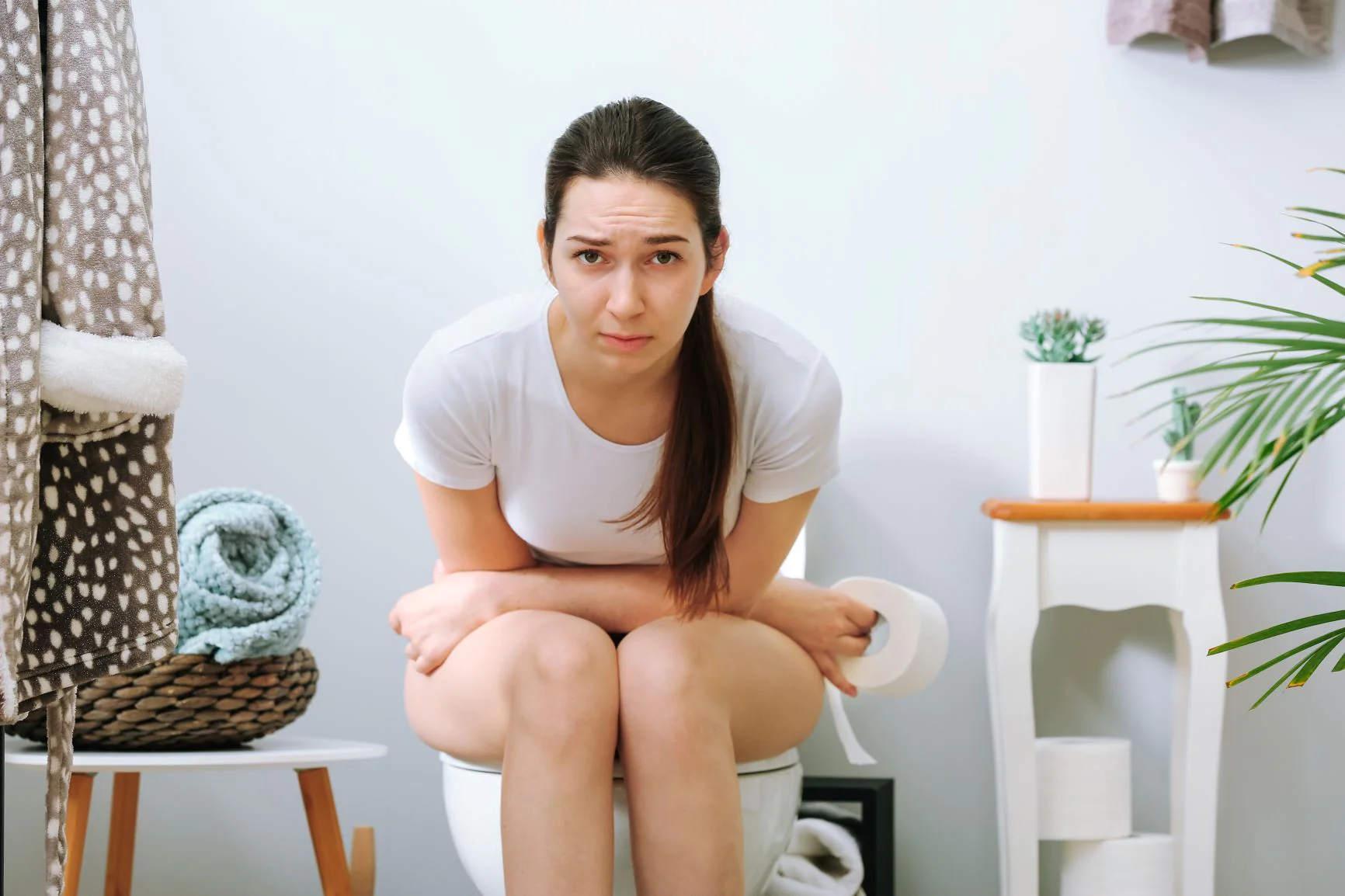
What is constipation?
Constipation is difficulty passing stools (pooing) or infrequent bowel movements. It is common in both adults and children.
Constipation can be annoying and, occasionally, painful. It can usually be treated by making simple lifestyle changes. However, in some cases there may be an underlying problem. So, see your doctor if your constipation is bad or not getting better.
What are the symptoms of constipation?
The timing of bowel movements varies quite a lot between different people. The normal range for adults is from 3 bowel movements per day to 3 bowel movements per week. And breast-fed babies may have only one bowel movement per week.
So, if you’re not having a movement every day, that doesn’t necessarily mean there is a problem.
Constipation symptoms include:
- having trouble with having a bowel movement
- not having a bowel movement as often as usual
- passing hard, lumpy stools
- straining to have bowel movements
- passing only small amounts at a time
- feeling blocked, or as though you have not completely emptied your bowels
What causes constipation?
Constipation happens when your poo is hard and dry, making it difficult to pass. It’s usually caused by:
- not eating enough fibre
- not drinking enough water
- not getting enough physical activity
- ignoring the urge to pass a stool when you need to
- being stressed or having a change in environment
You can also get constipation when you:
- are pregnant
- use laxatives too much
- take certain medications, such as some pain killers or iron tablets
- have a medical condition such as a thyroid problem, Parkinson’s disease, multiple sclerosis or depression
- have a problem with your digestive tract, such as irritable bowel syndrome, coeliac disease or diverticulitis
Babies and toddlers can also get constipated, especially when starting to eat solid foods. Older children sometimes become constipated if they hold in bowel movements.
When should I see my doctor?
Commonly, diet and lifestyle factors cause or contribute to constipation. However, in some cases there may be an underlying problem.
Occasionally, constipation can be a sign of an underlying condition such as bowel cancer. In such cases, there are likely to be other symptoms. These may include a recent change in bowel habits, weight loss, bleeding from the rectum or blood in stools, or abdominal pain, cramping or bloating.
If you have any of these symptoms, see your doctor. Also see your doctor if you have severe constipation or constipation that is not getting better with simple lifestyle changes.
How is constipation diagnosed?
To make the diagnosis, your doctor will ask you about:
- your symptoms
- your lifestyle
- any medical conditions you have
- medicines you are taking (including prescription, over-the-counter and complementary medicines)
Your doctor may also do a physical examination. This may include:
- feeling your abdominal area
- gently examining your anus and rectum (bottom part of the bowel) using a gloved finger
Tests
Tests may be recommended, particularly if your constipation is severe or if you have other symptoms. Tests can help detect underlying conditions that may be causing your constipation.
Tests your doctor might recommend include:
- an x-ray of your abdomen
- blood tests
- colonoscopy or flexible sigmoidoscopy — procedures that use a flexible telescope to examine the inside of your bowel
- specialised tests to see if there is a problem with the muscles that are used during a bowel movement
How is constipation treated?
There are several things you can do at home to prevent constipation and treat it if it does occur.
Constipation remedies
The following tips can help treat and prevent constipation.
- Eat more high fibre foods.
- Drink plenty of water and other fluids.
- Get regular physical activity.
- Go to the toilet when you need to, without delaying.
If these measures don’t work, ask your doctor for advice. They might need to check any medications you take, or prescribe a laxative to get your bowel moving.
Laxatives
Laxatives can be used to treat constipation. There are several different types. Your doctor will talk with you about which laxative may be best for your episode of constipation.
- Bulk-forming laxatives, or natural laxatives, are fibre supplements. Examples include psyllium, ispaghula and sterculia. It is important to drink lots of fluids when taking these laxatives. Side effects can include bloating and flatulence.
- Osmotic laxatives (e.g. lactulose, sorbitol, macrogol 3350) and stimulant laxatives (e.g. senna, bisacodyl) may work for people with chronic (ongoing) They can cause bloating and discomfort.
- Stool softeners, such as docusate, are often used in combination with a stimulant laxative.
It can take several days for some laxatives to work. If you do not notice an improvement, talk to your doctor about other possible treatments for constipation relief.
Other treatments
There is a prescription medicine available to treat chronic (ongoing) constipation that has not responded to laxatives. This medicine is called prucalopride. It is only available to people with constipation not caused by another illness or medicine side effect. Common side effects with this medicine include headache and diarrhoea.
Complications of constipation
Being constipated can increase your chances of developing:
- haemorrhoids (or ‘piles’); and
- anal fissures (a small split in the anus that causes pain and bleeding)


